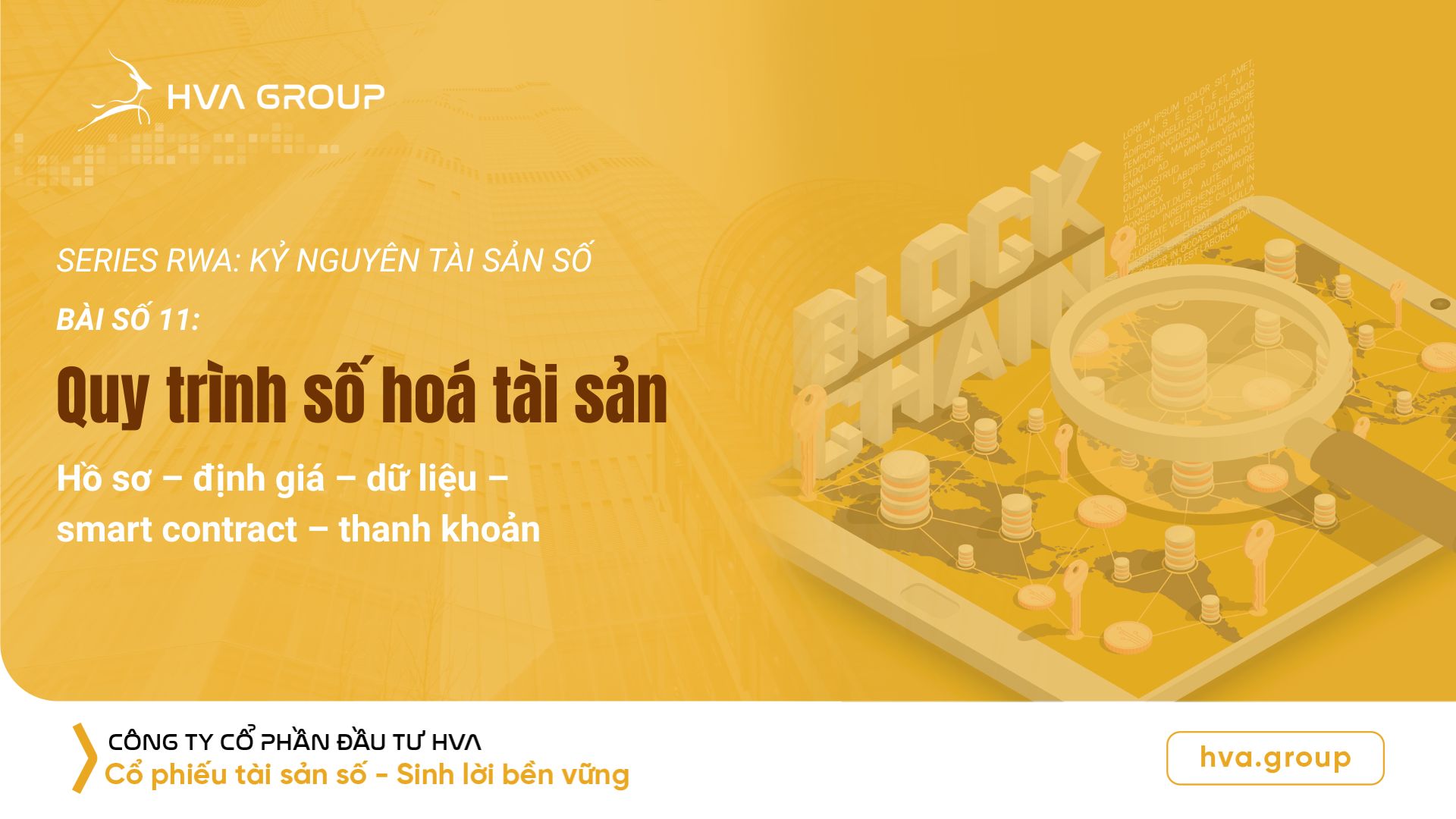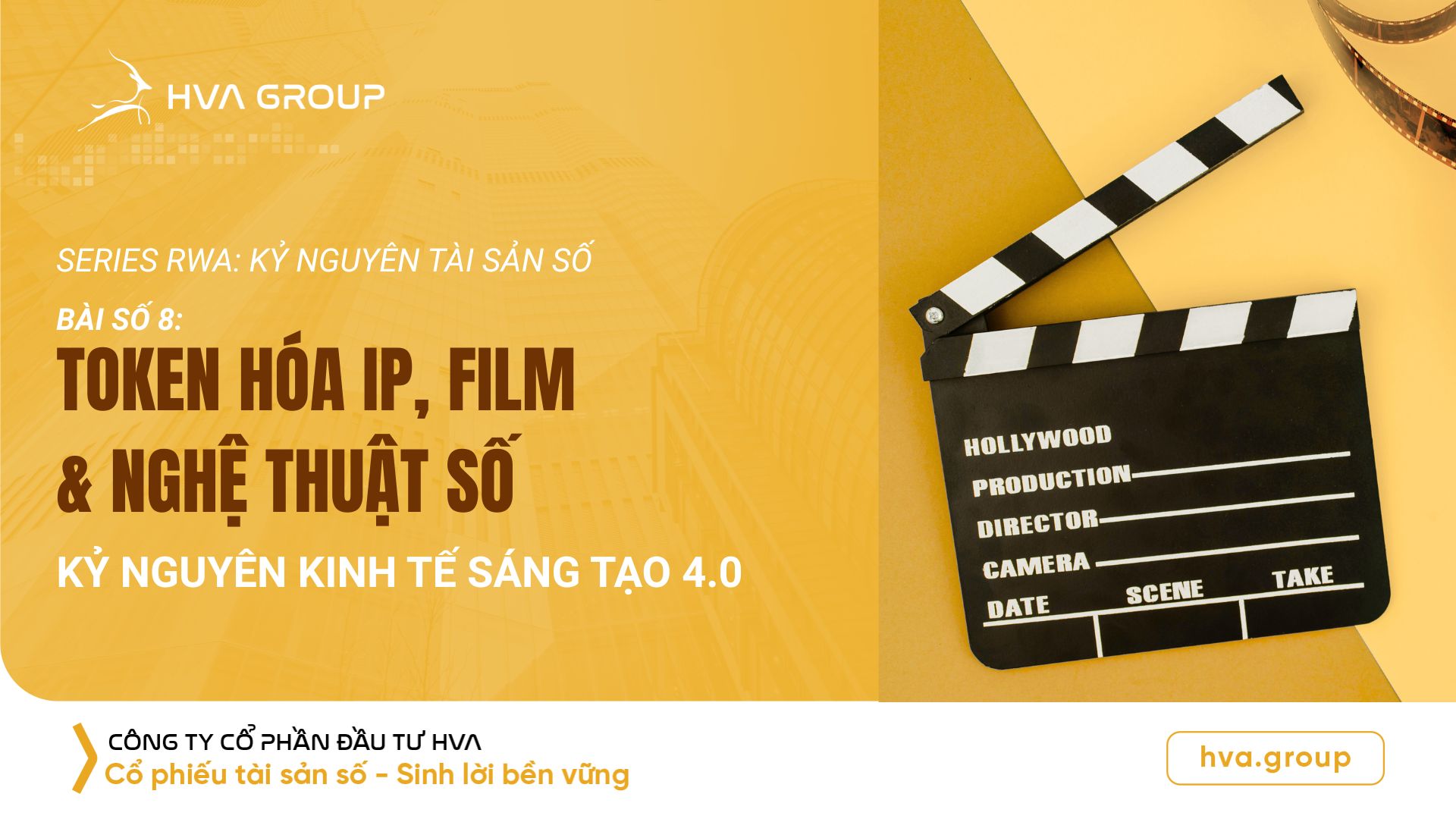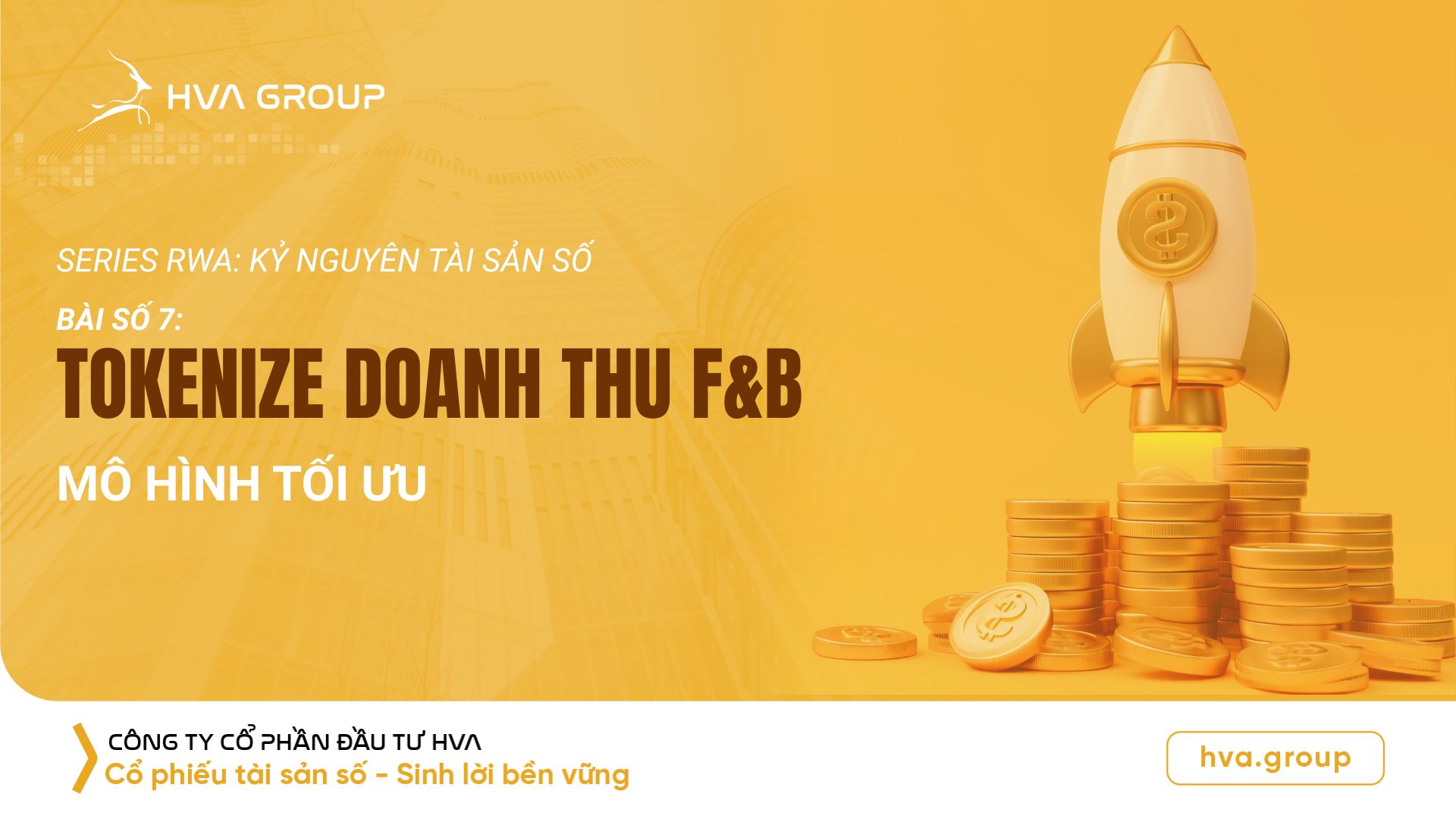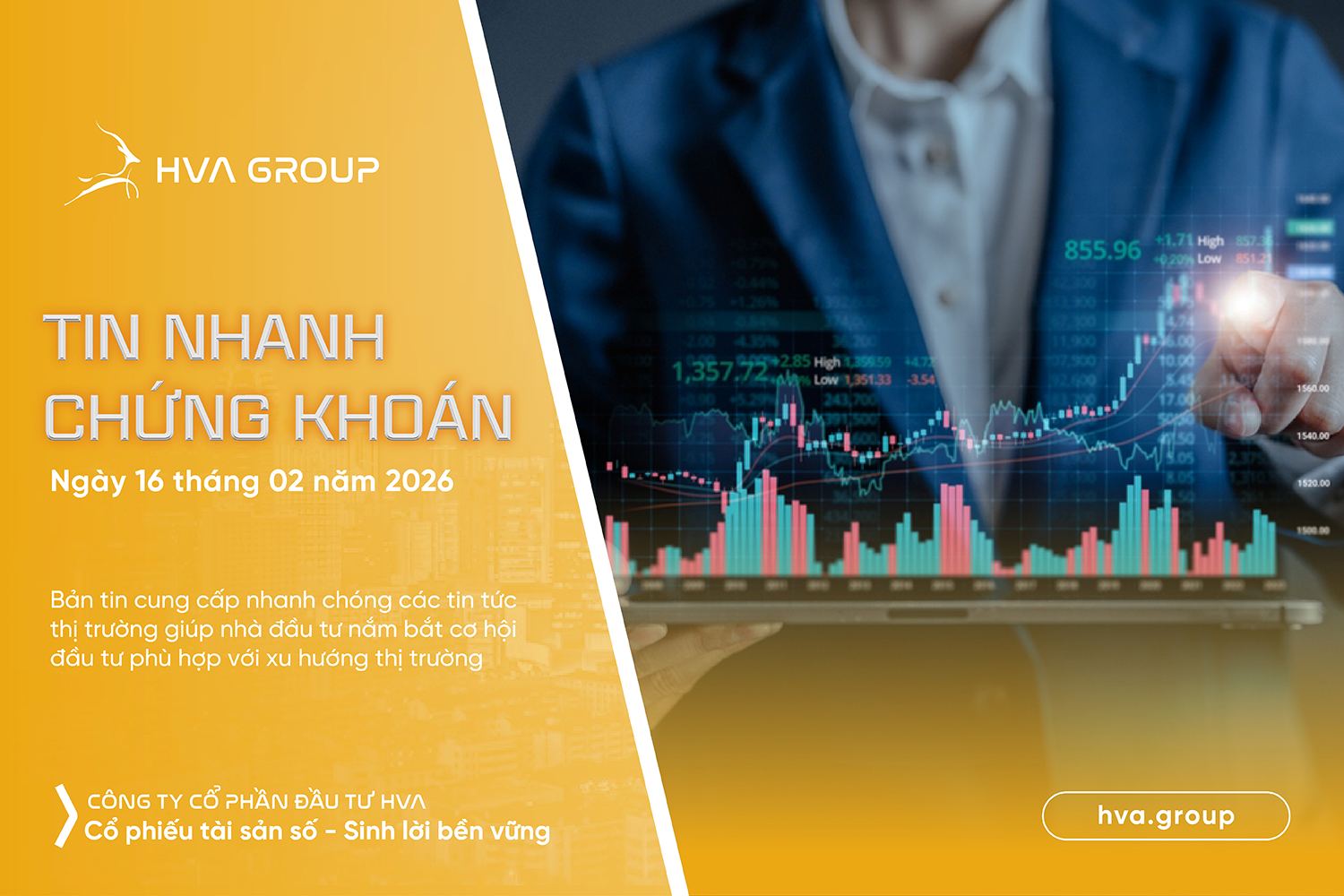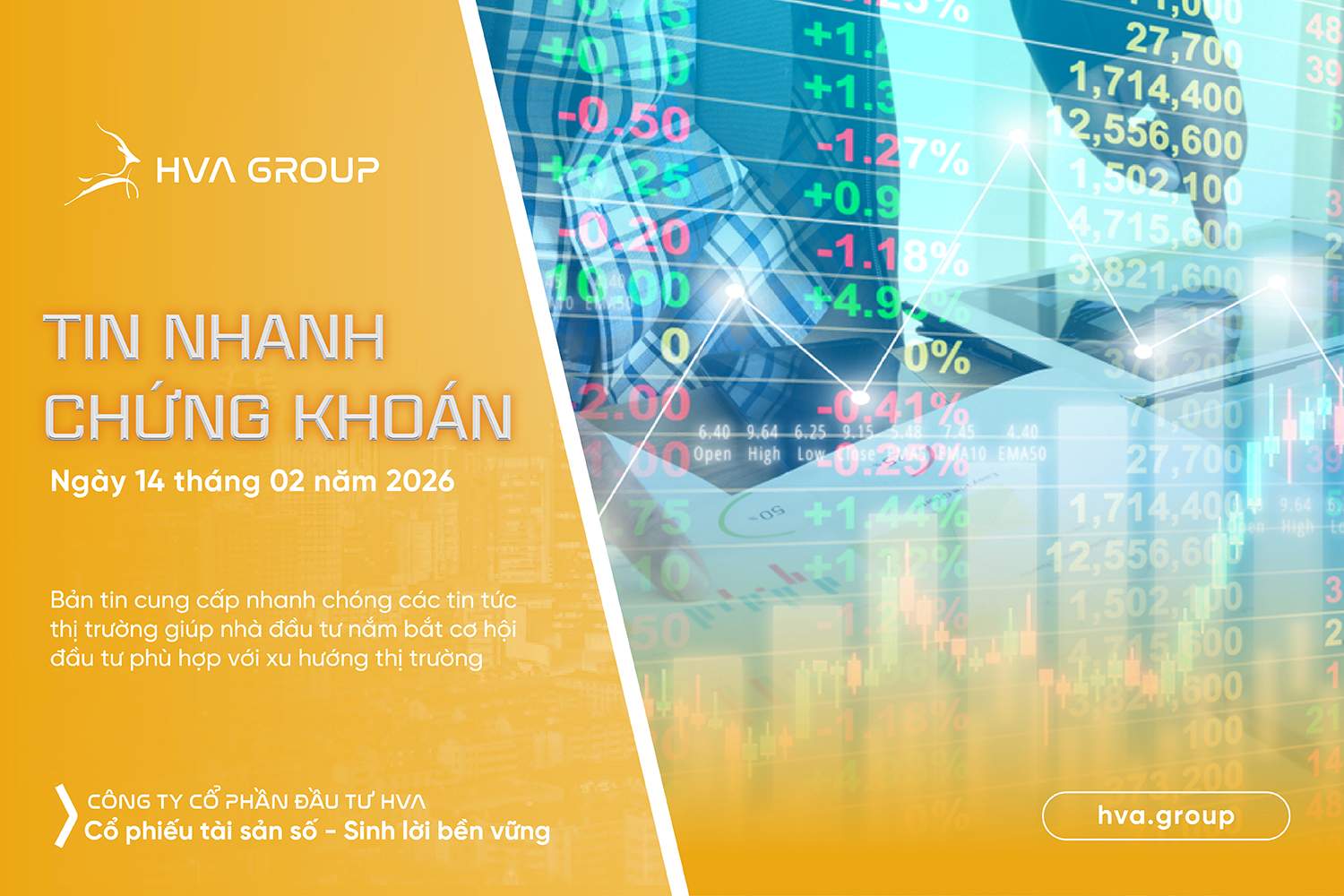Buy fund certificates How? This article provides a complete guide on how to buy and sell fund certificates, the benefits, risks and important notes.
What is a fund certificate? Why should you buy a fund certificate?
Before going into how buy fund certificates, we need to understand the nature of this type of investment.
1. Definition of Fund Certificate (CCQ)
Fund certificates are securities that confirm an investor's ownership of a portion of a public fund's capital contribution. A public fund is formed from the capital contributions of many investors and is managed by a professional Fund Management Company (FMC). This company will invest on behalf of investors in various types of assets such as stocks, bonds, or other valuable papers according to the fund's predetermined objectives.
2. Popular types of fund certificates
- Open-End Fund: This is the most popular type. Open-end funds do not limit the duration of operation or the number of fund certificates issued. Investors can buy fund certificates or sell fund certificates returned to the fund management company on any trading day of the fund at the net asset value (NAV) per fund unit.
- Closed-End Fund: Closed-end funds have a defined operating period and issue fund certificates only once to the public (IPO). After that, investors want to buy and sell fund certificates Closing must be done on the secondary market (stock exchange) like stocks, with prices fluctuating according to market supply and demand, which can be higher or lower than NAV.
- ETF (Exchange-Traded Fund): An exchange-traded fund that mimics the movements of a specific benchmark index (e.g. VN30, S&P 500). ETF certificates are listed and traded on the stock exchange like stocks, allowing investors to buy and sell fund certificates ETFs are flexible in trading sessions.
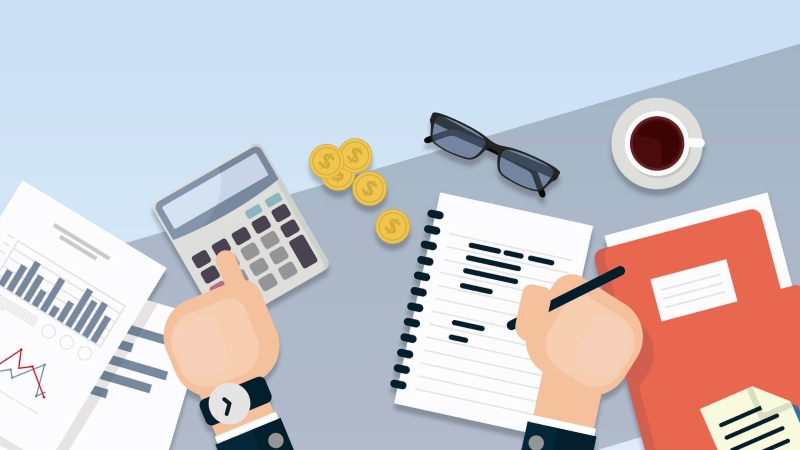
How to buy fund certificates?
3. Benefits of buying fund certificates
- Diversify your portfolio: With just a small amount of capital, the buy fund certificates allows you to indirectly own a diversified portfolio of many different stocks and bonds, helping to spread risk more effectively than investing in a few individual codes.
- Professional management: The fund's assets are managed by a team of experienced experts with in-depth knowledge and full time dedicated to analyzing, monitoring the market, and making investment decisions on your behalf.
- Easy access, flexible investment capital: You can start fund certificate investment Open with just a small amount of capital (a few hundred thousand or a few million VND). Many funds allow periodic investment (SIP - Systematic Investment Plan) to help you accumulate assets in a disciplined manner.
- Good liquidity (especially with open-end funds and ETFs): You can easily sell fund certificates Reopen for CTQLQ or CCQ ETF trading on the floor when cash is needed.
- Information transparency: The operations of public funds are closely monitored by the State Securities Commission and the custodian bank. Information on NAV, performance reports, and investment portfolios are often published periodically.
Detailed instructions on how to buy fund certificates for beginners
Procedure buy fund certificates, especially open-end funds, is quite simple and can be done through many different channels. Here are the basic steps:
Step 1: Determine Financial Goals and Risk Appetite
- Friend buy fund certificates for what? (Save to buy a house, car, retirement, children's education...)
- What is the expected investment period? (Short term, medium term, long term).
- What is your risk tolerance? (High, medium, low). Answering these questions will help you determine the type of fund that is right for you (high risk – high expected return stock fund, low risk – stable return bond fund, or balanced fund).
Step 2: Choose the Right Investment Fund
- Research funds: Learn about the investment objectives, strategies, asset classes, historical performance and fees of different funds.
- Compare funds of the same type: Place funds in the same segment (e.g. growth stock funds) side by side to compare performance, fees, and volatility (risk).
- Consider the Fund Management Company: The reputation, experience and investment philosophy of the fund management company are also important factors.
Step 3: Select Distribution/Transaction Channel
You can buy fund certificates through the following channels:
- Fund Management Company: Buy directly from CTQLQ's website or office.
- Securities Company (SC): Many securities companies are distributors for funds. You can buy/sell CCQ right on your securities account.
- Bank: Some banks also cooperate in distributing CCQ.
- Investment Apps/Platforms (FinTech): Financial applications are increasingly popular, providing user-friendly interfaces to buy and sell fund certificates from various CTQLQ.
Step 4: Open a Trading Account and Deposit Funds
- Perform the account opening procedure at the distribution channel you have chosen (usually can be done online via eKYC).
- Deposit funds into your trading account.
Step 5: Place an Order to Buy Fund Certificates
- Log in to your account on the distribution channel's website/app.
- Go to the Fund Certificate trading section.
- Select the fund code you want to buy.
- Enter the amount you want to invest (or the number of CCQs if buying through the exchange for ETFs/closed-end funds).
- Confirm purchase order.
Note about NAV (Net Asset Value): For open-end funds, your buy order will be filled at the NAV price of the next trading day (or the nearest trading day depending on the fund's regulations), not the price you see at the time of placing the order. NAV is calculated by subtracting the total value of the fund's assets from its liabilities, then dividing by the total number of outstanding fund units.
Periodic Investment (SIP): This is the form buy fund certificates automatically with a fixed amount on a certain day every month/quarter. SIP helps in cost averaging and inculcates disciplined investment habits.
Factors to consider before buying fund certificates
To decide buy fund certificates Which is best, you need to carefully consider the following factors:
- Costs involved:
- Subscription Fee: The fee you pay when you buy fund certificates (some funds/distribution channels may waive this fee).
- Management Fee: The annual fee paid to the fund manager to manage the fund is deducted directly from the NAV. This is an important fee to consider because it has a long-term impact on investment performance.
- Redemption Fee: The fee you pay when you sell fund certificates return to the management company, usually decreasing over time.
- Switching Fee: Fee applies when switching from one fund to another within the same fund management company.
- Other fees (if any): Supervision fee, custody fee...
- Past performance: Refer to the fund's profits achieved in the last 1 year, 3 years, 5 years compared to the reference index (benchmark) and similar funds. However, always remember that past performance does not guarantee future performance.
- Fund portfolio: Consider what types of assets the fund is investing in (industry stocks, bonds, etc.). Does the portfolio fit your market outlook and risk appetite? Is the diversification adequate?
- Reputation and experience of the Fund Management Company: A quality assurance company with a long history, a team of good experts and a transparent management process will be more trustworthy.

Factors to consider before buying fund certificates
Selling Fund Certificates: When and How?
Job sell fund certificates is just as important as buying. You need to know when to sell and how to go about it.
1. Reasons for selling fund certificates:
- Achieve financial goals: When the investment has reached the target value you initially set.
- Emergency cash needs: Need to withdraw capital to spend on personal needs.
- Portfolio restructuring: Want to switch to another investment channel or another fund with more potential.
- Fund underperformance: When the fund's performance is consistently lower than the benchmark index and peer funds over a long period of time.
- Changing risk appetite: Personal circumstances change and you want to reduce your investment risk.
2. Timing of sale and impact of NAV:
Similar to when buying, the order sell fund certificates Open orders will be matched at the NAV of the trading day on which the order is accepted. The value you receive will depend on the NAV on the date the sell order is matched.
3. Fees when selling:
As mentioned, you may be subject to redemption fees, especially if you hold the fund for a short period of time. Check the fund’s fee schedule before deciding to sell. Capital gains tax (if applicable) should also be considered.
How to sell fund certificates simply and quickly
How to sell fund certificates Open often very convenient through modern distribution channels:
- Step 1: Log in to your account: Access your CCQ trading account on the application or website of the distribution channel (Securities Company, FinTech App, Bank...).
- Step 2: Select sell order: Go to portfolio management or CCQ trading, select the fund code you want to sell.
- Step 3: Enter sell order information: Enter the number of CCQ you want to sell or the corresponding amount you want to withdraw.
- Step 4: Confirm the order: Check the information again and confirm the sell order.
Processing time: After placing an order sell fund certificates, CTQLQ needs time to process. Normally, the money from selling CCQ will be transferred to your account after a few working days (usually T+1 to T+3, depending on the regulations of each fund and distribution channel). This time is needed for CTQLQ to sell the underlying assets in the portfolio and determine the final NAV.
Note: Each fund has regulations on order acceptance time and NAV trading days of the week (usually daily or several days/week). You need to understand the fund's trading schedule to place appropriate sell orders.
Overview of buying and selling fund certificates
Work buy and sell fund certificates It's not just about placing orders. To be successful, investors need strategy and patience:
- Investment strategy:
- Periodic Investment (SIP): It is a strategy that suits most individual investors, helps to average the cost of capital, minimize the risk of buying at the top and build discipline. Here is how buy fund certificates long term effectiveness
- Lump Sum: Buy a large amount of CCQ at a time. This strategy can bring high profits if you buy at the bottom, but also has great risks if you buy at the top.
- Market Timing: Try buy fund certificates when the market is down and sell fund certificates when the market is rising. This strategy is very difficult to execute successfully and is not recommended for the non-professional investor.
- Long term vision: Investing in CCQ, especially stock funds, is often most effective when you have a long-term vision (3-5 years or more), allowing the fund time to overcome short-term market fluctuations and benefit from economic growth.
- Monitoring and evaluation: Even if you invest for the long term, you should still periodically (quarterly/yearly) review your portfolio, evaluate the fund's performance against your target and benchmark, and ensure the fund is still suitable for your strategy. Update Market News It also helps you get an overview of the macroeconomic context, thereby making necessary adjustments if there are major fluctuations that affect the fund's long-term investment strategy.
- Patience and discipline: These are two key factors. Avoid panic. sell fund certificates when the market temporarily drops and adheres to the investment plan.
What is a mutual fund? Is it a fund certificate?
While searching for information, you may come across the phrase “buy together“. In fact, this is most likely a typing error or incorrect spelling of the phrase “buy fund certificates“There is no official financial product called “chung chi quy”.
It is important that you use the correct term “fund certificate” when researching, discussing and trading to avoid confusion and access the right information. Misunderstanding the name can lead to searching for the wrong product or not finding accurate information about the process. buy fund certificates and sell fund certificates. Always make sure you are referring to “Fund Certificate” when talking about this type of investment. In short, “buy together" should be understood as buy fund certificates.
Risks of investing in fund certificates
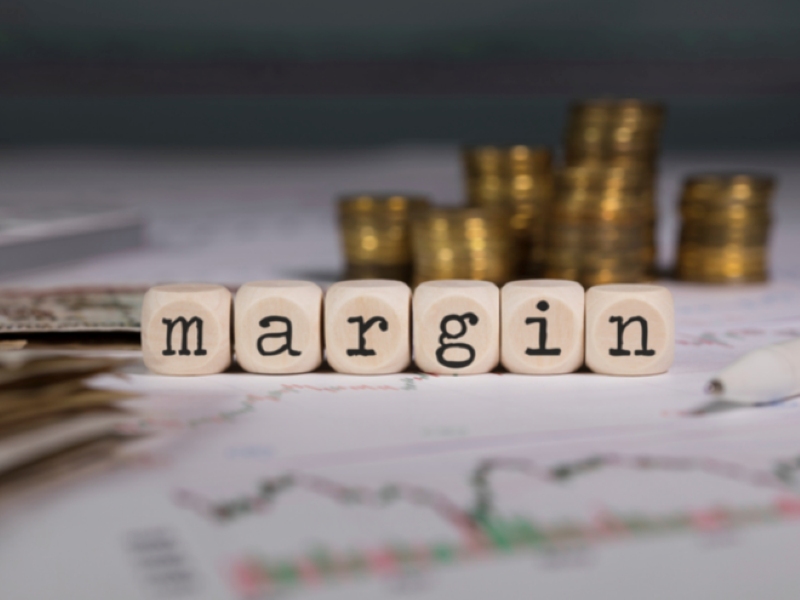
Risks of investing in fund certificates
Despite its many advantages, buy fund certificates There are still certain risks that investors need to be aware of:
- Market risk: The value of the assets held by the fund (stocks, bonds) may fluctuate up/down according to general market developments, leading to corresponding changes in the fund's NAV. This is a systemic risk that cannot be completely eliminated.
- Interest rate risk: Changes in market interest rates can affect the value of fixed income assets (such as bonds) held by the fund, especially bond funds.
- Operational risk: Relating to the management capacity of the Fund Management Company. Wrong investment decisions or problematic operating procedures can negatively affect the performance of the fund.
- Liquidity risk: For closed-end funds or ETFs, if the market lacks liquidity, investors may have difficulty in sell fund certificates quickly at the desired price. Open-end funds have higher liquidity because the fund management company commits to buy back.
- Inflation risk: If the fund's rate of return is lower than the rate of inflation, the real purchasing power of the investment will be reduced.
Conclude
Buy fund certificates is a smart and accessible investment option that helps you diversify your assets and entrust your investments to the experts. The process buy and sell fund certificates increasingly simple and convenient thanks to the development of technology and diverse distribution channels. From learning buy together (actually buy fund certificates) to the execution of the first purchase order and also how to sell fund certificates When you need it, everything is at your fingertips.
However, to be successful, it is important to equip yourself with knowledge, clearly define your goals, choose the right fund, understand the types of costs and be aware of the risks involved. Do not forget the importance of long-term investing, patience and discipline. Consider starting with a small amount of capital, you can apply the SIP periodic investment strategy to accumulate gradually. Refer to information from reliable sources and professional analysis units such as HVA is also a necessary step to making an informed decision.



